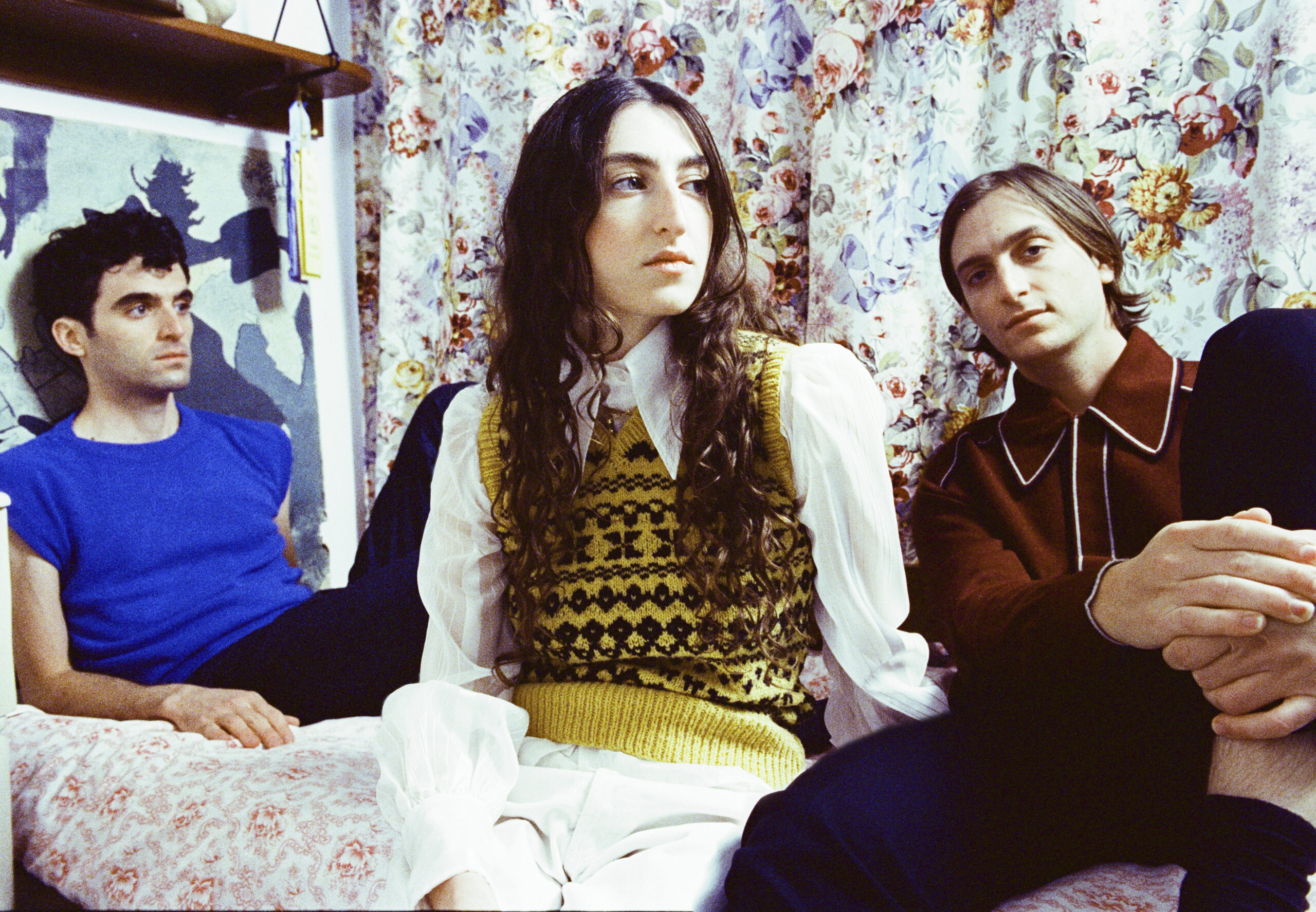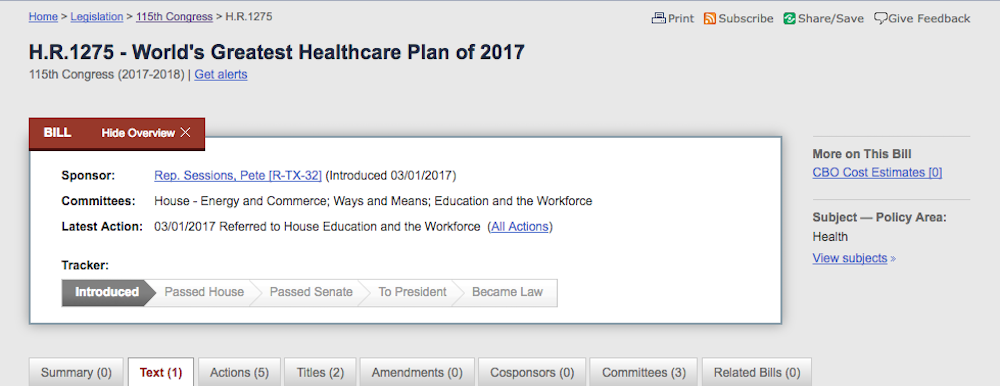In 2019, I was in the tour van waiting to drive out of Asheville, North Carolina, to play the next concert on our tour, when my doctor called to inform me that I’m BRCA2 positive. Like my mother and grandfather, this genetic mutation gives me a 45-85% chance of getting breast cancer and a 10-27% chance of getting ovarian cancer (compared to 12% and 2% in the general population, respectively). My first instinct was to call my mother, reassure her that I was okay and that it was better to know (and to closely monitor and catch anything that might develop early) rather than take my chances. But later, on that same tour, crying in the hot food aisle at a Whole Foods in El Paso, Texas – overwhelmed by the feeling that everything I ate would give me cancer – the reality hit that my diagnosis would profoundly change how I imagined my future.
After years of ruminating about the cancer possibility and a year of regular screenings, I wrote a song called “BRCA (Nothing Takes Me Down)” for my band, BAILEN’s latest record, Tired Hearts. While awaiting the results of an ultrasound investigating a pea-sized lump in my breast, I wrote the song as an absolution for my mom, to assuage her of generational guilt and remind myself that I am resilient and my body is equally so. It is also an attempt to find a community around BRCA. When people at shows approach me and share that they have the mutation or got tested, I feel less marooned. Yet, the most isolating part of my BRCA journey is the associated logistical and financial hurdles presented by US health insurance.
While screening is empowering, removing barriers to healthcare is essential in making breast cancer survivable. A BRCA diagnosis brings a lifelong intimacy with the medical industry: biannual screenings in a high-risk breast oncology program (starting at 25), annual MRIs and additional imaging in response to breast irregularities, and annual mammograms (starting at 30). I also have to consider family planning and a prophylactic double mastectomy earlier than many. I have a suite of specific health insurance needs which are complex, especially as someone with an unorthodox career as a recording artist and touring musician.
After I turned 26, I could no longer remain on my parents’ – both freelance classical musicians – American Federation of Musicians (AFM) Union-provided health insurance. Their insurance proved to be an immense privilege once I discovered the albatross of finding and managing health insurance. On their plan, I enjoyed both out-of-network and out-of-state coverage, and soon realized those are both impossible luxuries with affordable health insurance in the individual marketplace. I took for granted these luxuries while touring in the US. When I got sick after a show in Connecticut, I got blood work to diagnose a tick-borne illness; in California I received a PCR Covid test without paying $250 out of pocket during a global pandemic. Sometimes we travel for months on end – an unavoidable reality for many musicians. Tour is rugged: it is hard on bodies, voices, and spirits. Yet, under my parent’s AFM insurance, I could find culturally appropriate and BRCA specific mental health care affordably. As psychiatrists are far less likely to take any insurance than other doctors, access to out-of-network care can sometimes be required to make adequate mental health care affordable – a crucial resource in the artist and touring community because of our disproportionately high rates of clinical depression, stress, and suicidality.
When trying to find my own insurance, BRCA elevated the stakes. I was swimming in tabs of government website FAQs and phone calls to my breast oncologist. My unpredictable income made it difficult to determine the appropriate insurance tier (i.e. Medicaid, essential plans, cost-sharing subsidies) because many artists rely on advances that come every several years and are subject to volatile annual incomes. During one year, an artist’s income may qualify them for a certain bracket of insurance or government subsidy, while the next they may be ineligible.
Fluctuating income means that I will have to change insurances frequently, bringing additional issues: finding new in-network doctors, getting referrals, and familiarizing myself with a new healthcare network. Long-term healthcare needs like mine make maintaining consistent specialized care even more complicated.
These challenges for musicians compound existing structural ones. Annual turnover rates are high for patients (21%) in the marketplace – particularly for those on individual versus group plans – similarly, there is a high rate of underinsured (44%) patients, meaning, their marketplace insurance covered care is still unaffordable. Consequently, many people, especially those with lower incomes, put off seeking care. This aligns with my anecdotal experience: When I’ve asked my peers in the music industry, many say they simply don’t go to the doctor.
Without my BRCA diagnosis, I would not need to interact with the healthcare system as much and I too would probably avoid it altogether. With BRCA, this isn’t an option – and it shouldn’t be the default for musicians and artists generally.
There needs to be a more collective approach to navigating and providing adequate, affordable health care within the music industry – and broadly for the growing population who rely on gig and nontraditional work. On a more personal level, it’s important to build communal knowledge through dialogue around how artists get and use insurance and to challenge a culture that balks at adequate healthcare as unrealistic – BRCA, for me, has made it clear that it is crucially necessary.





